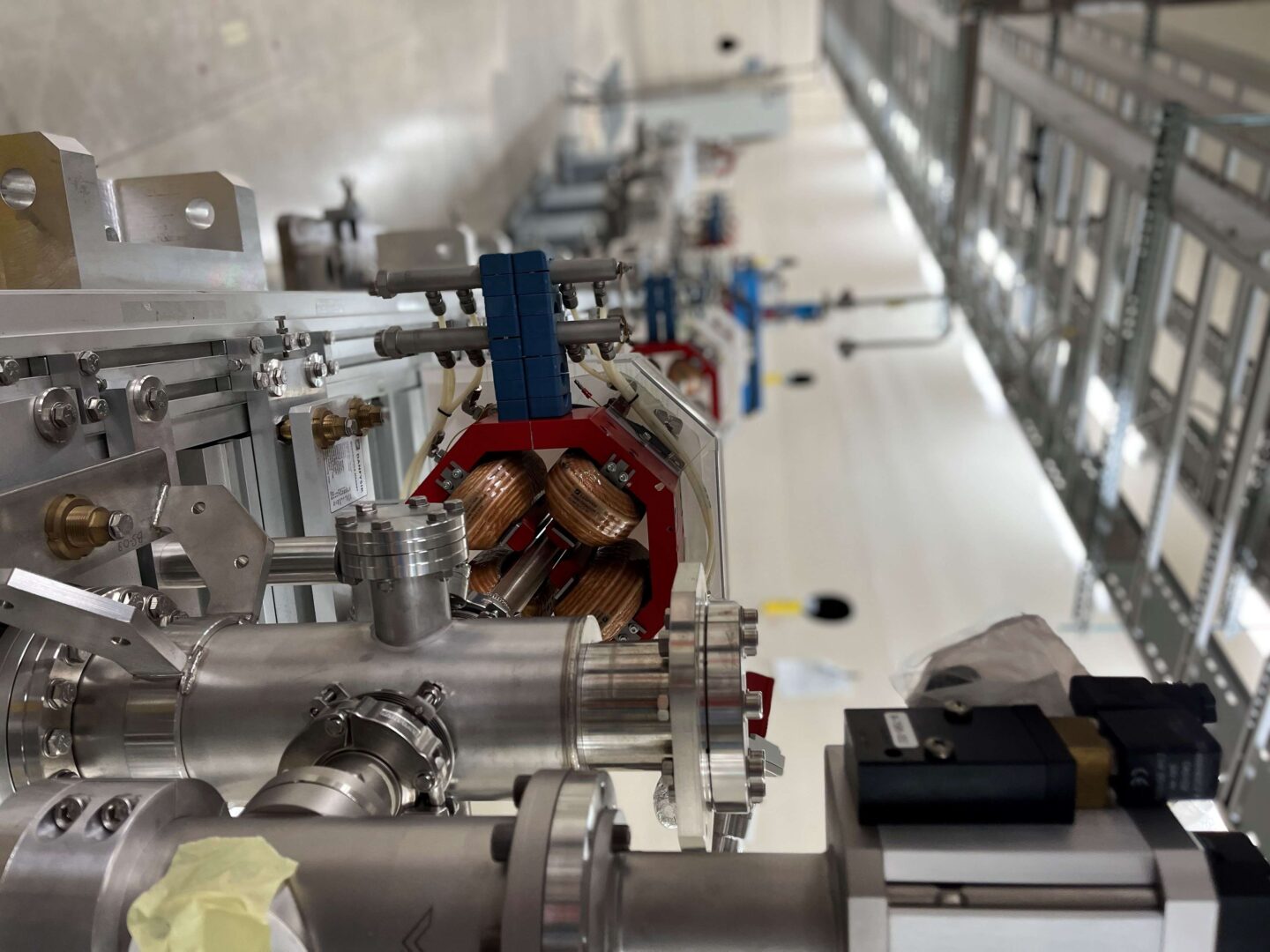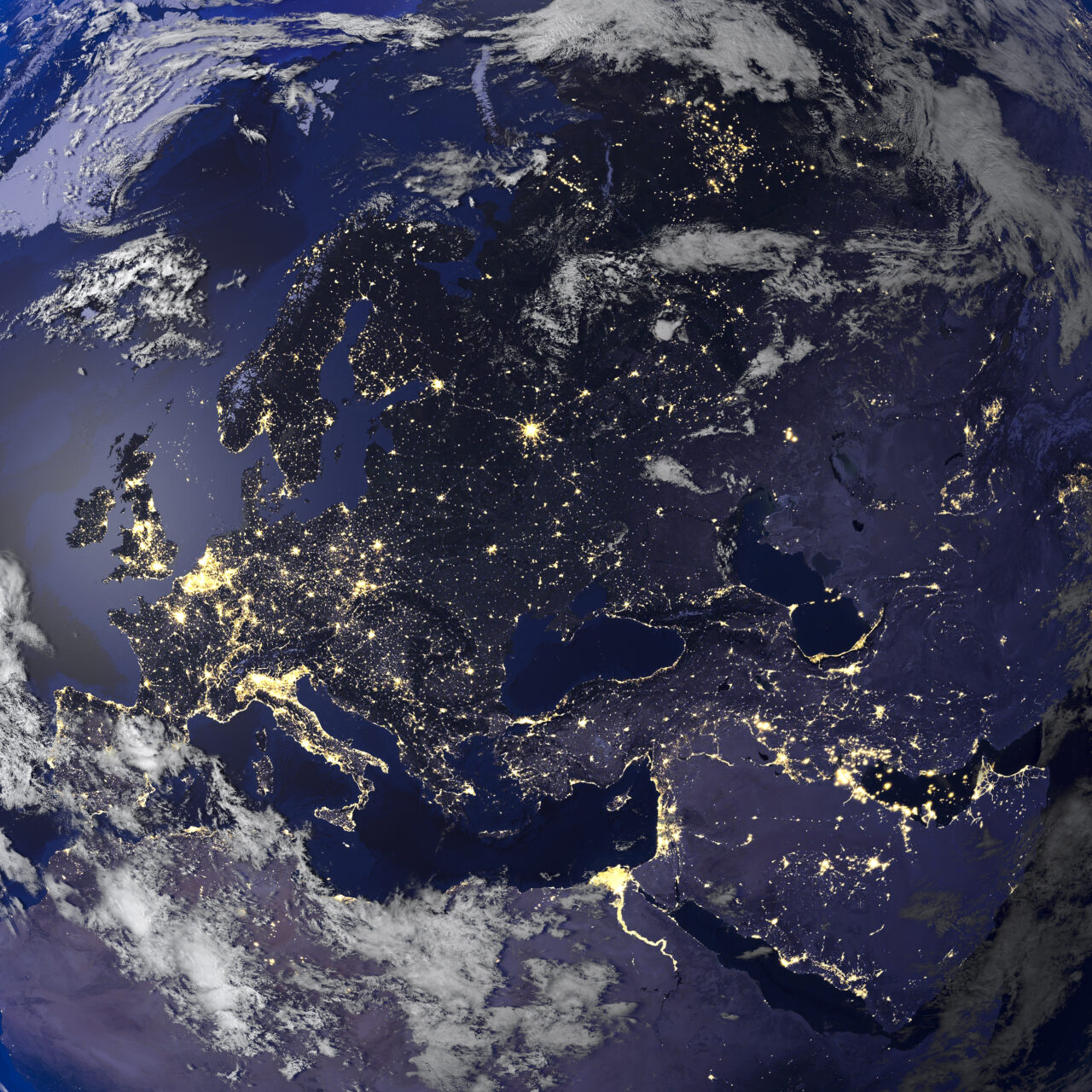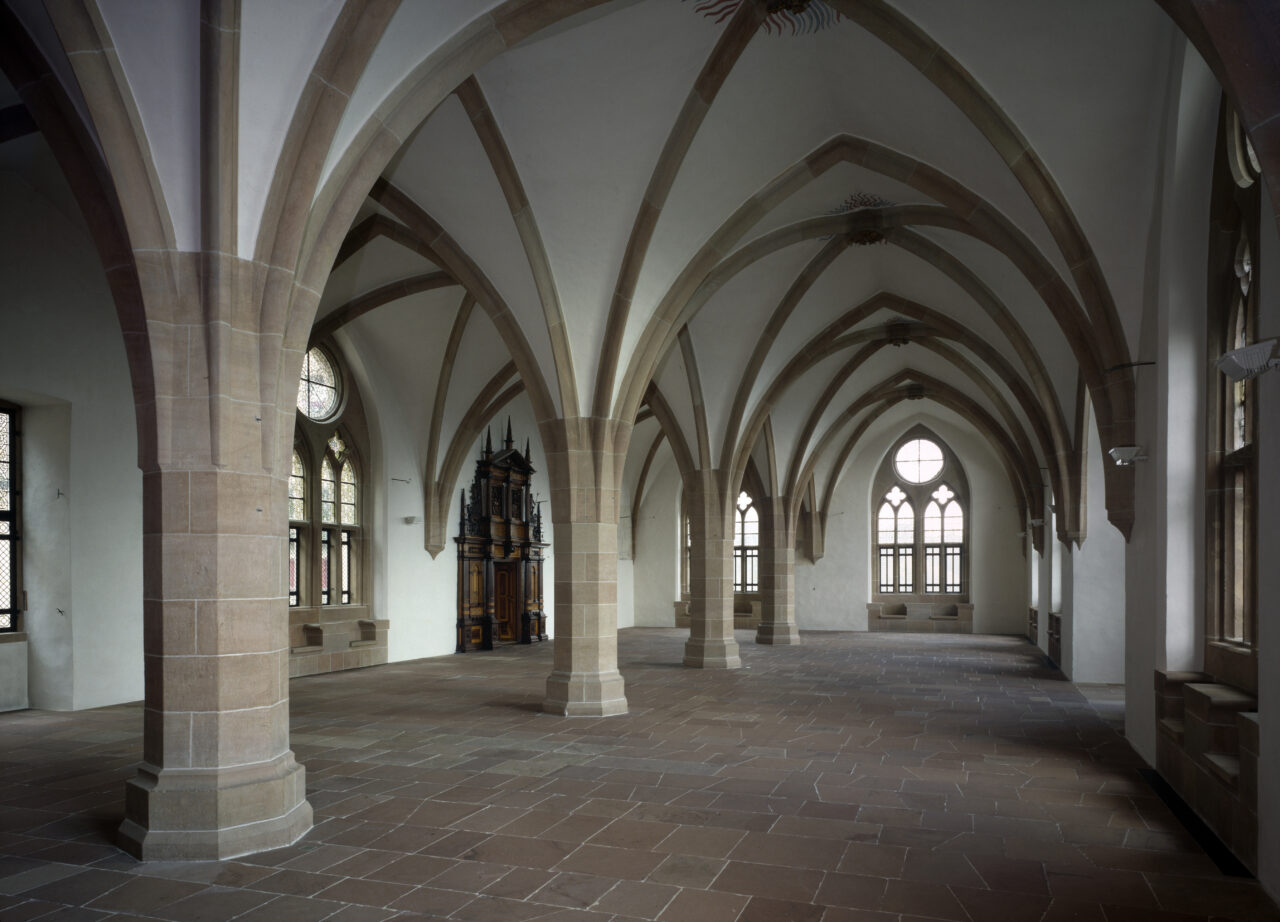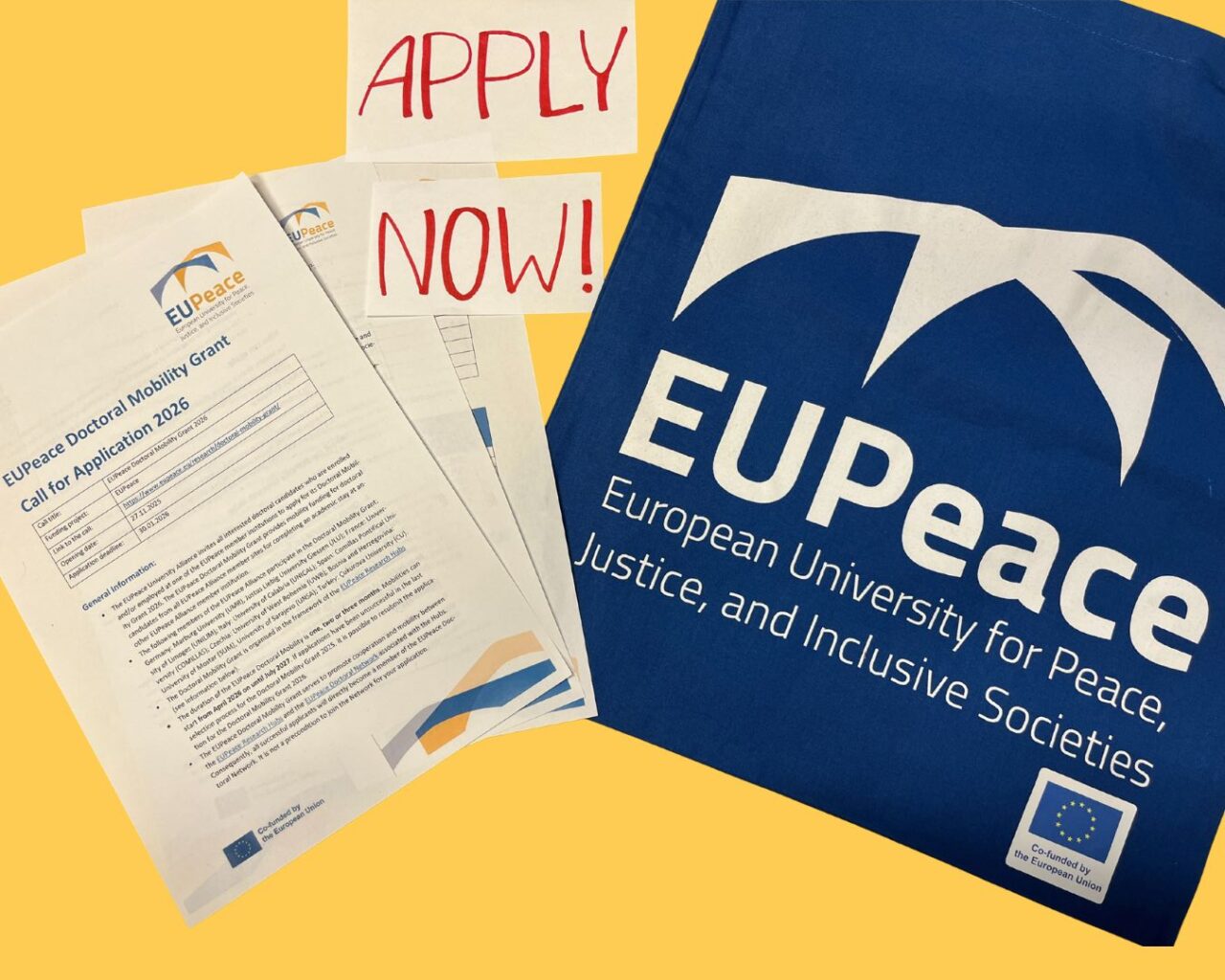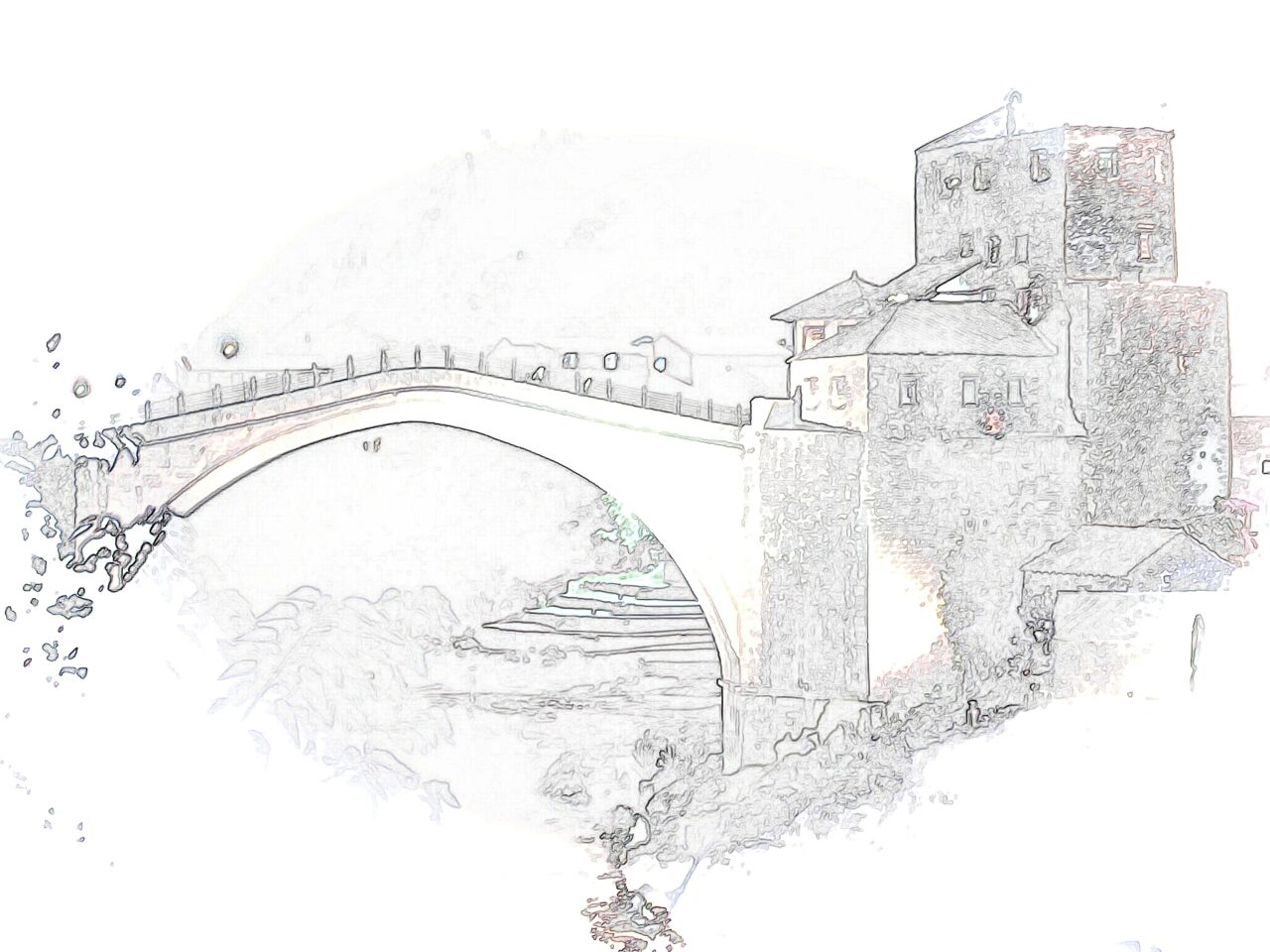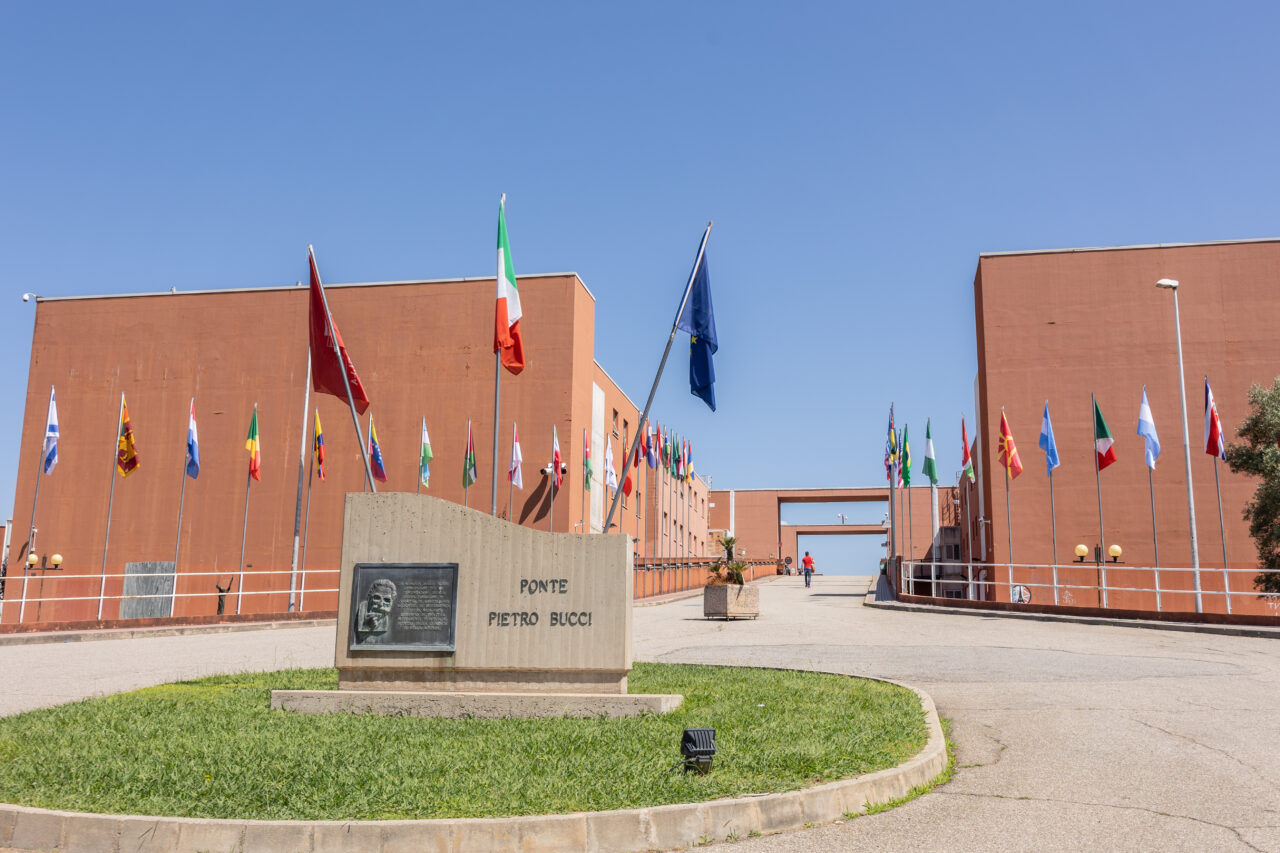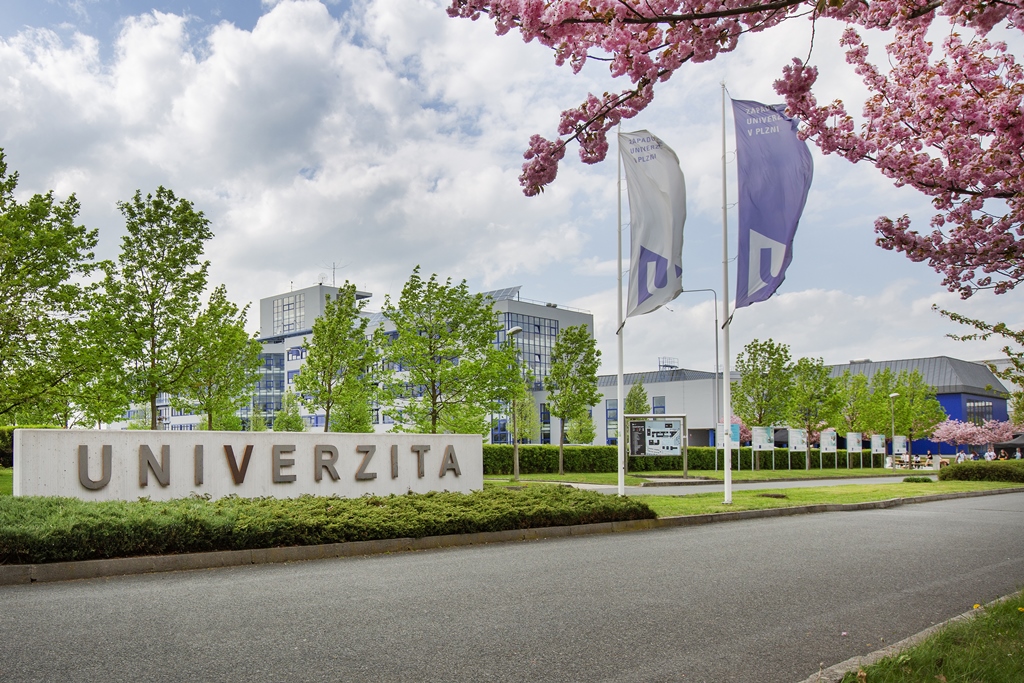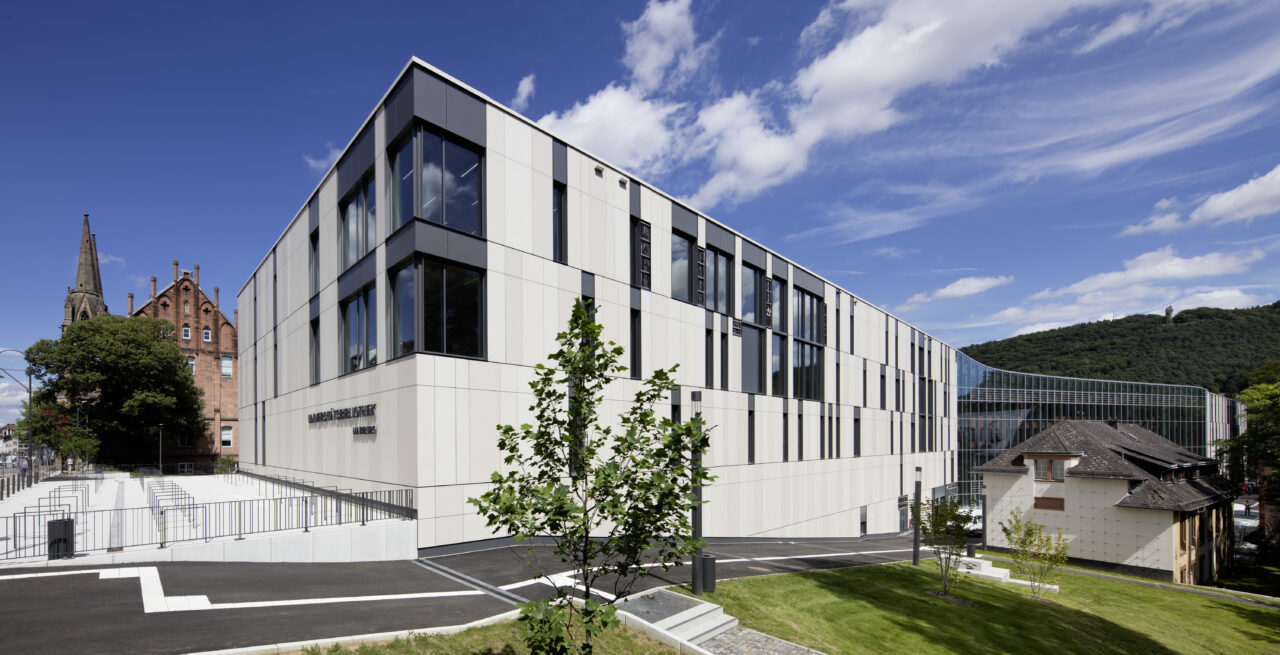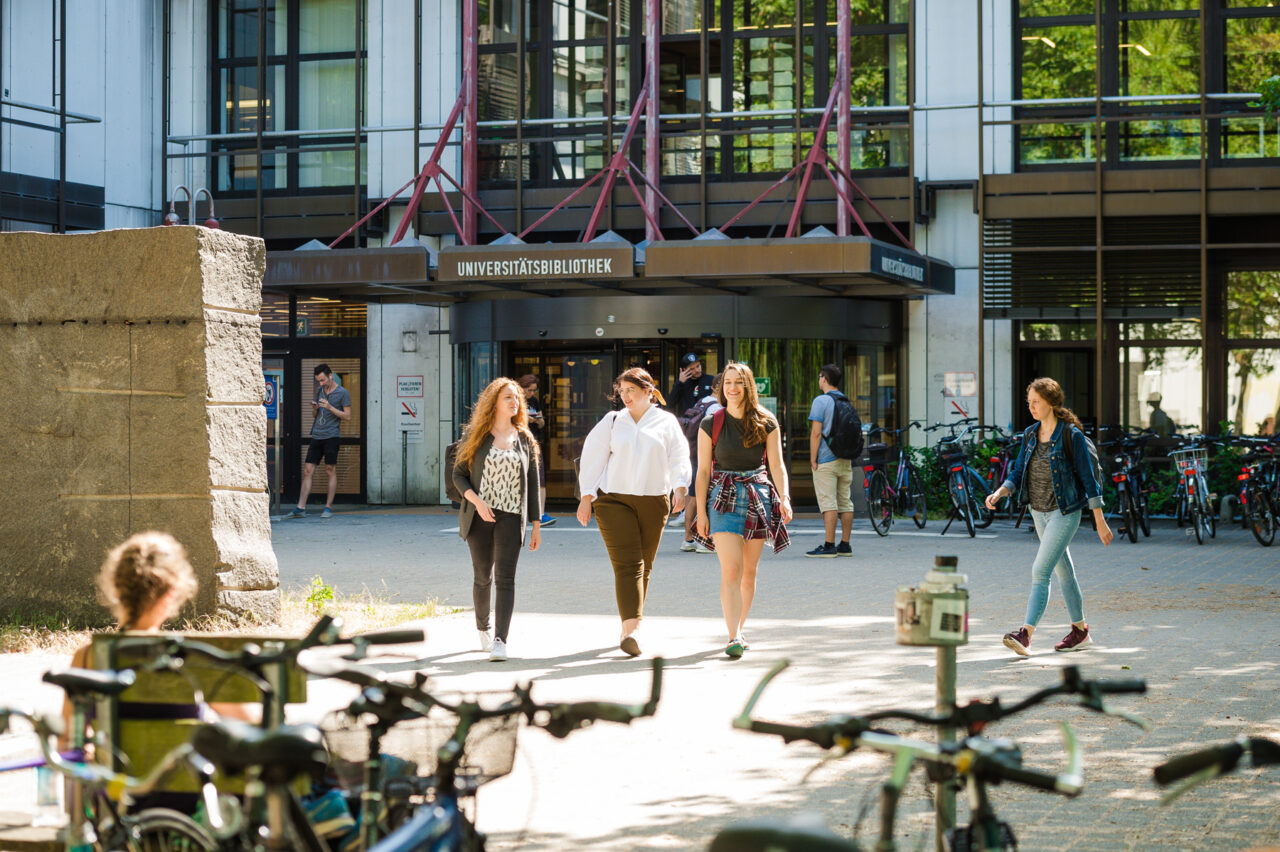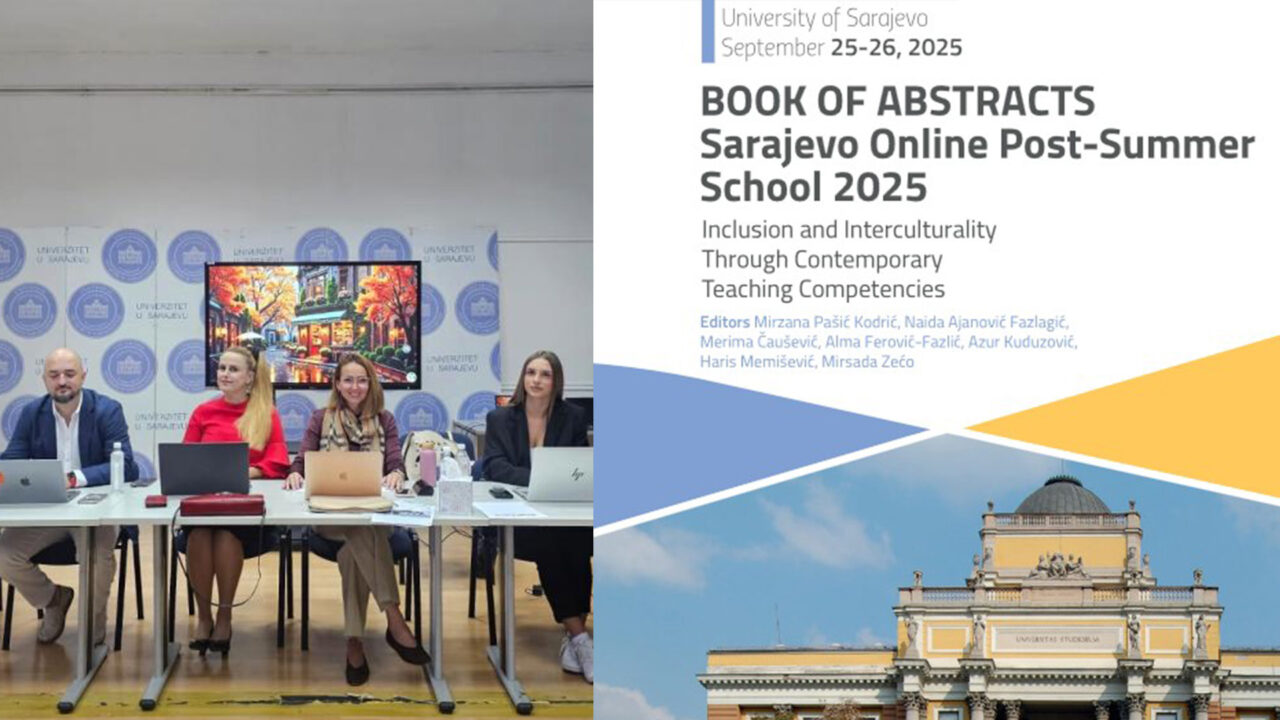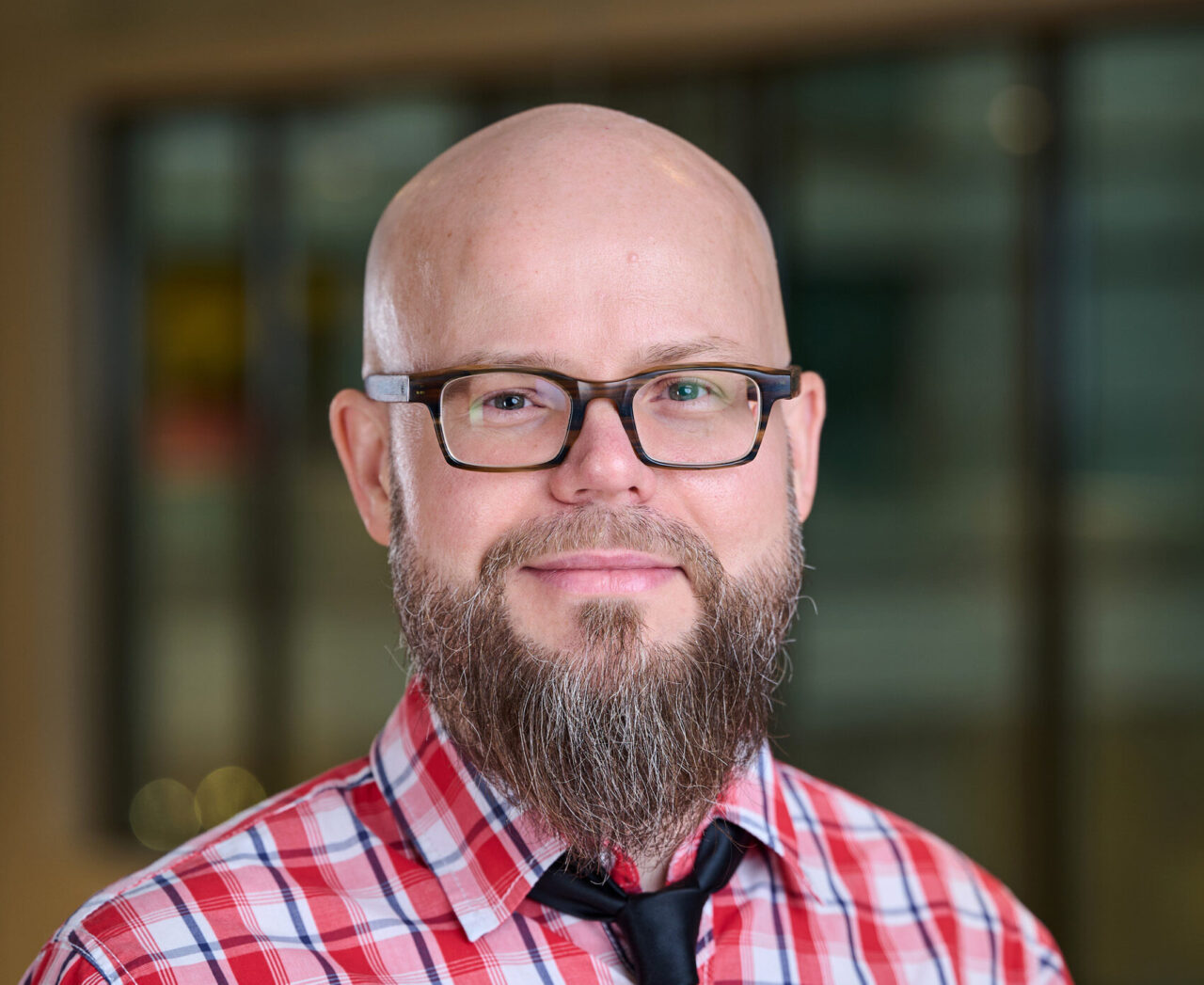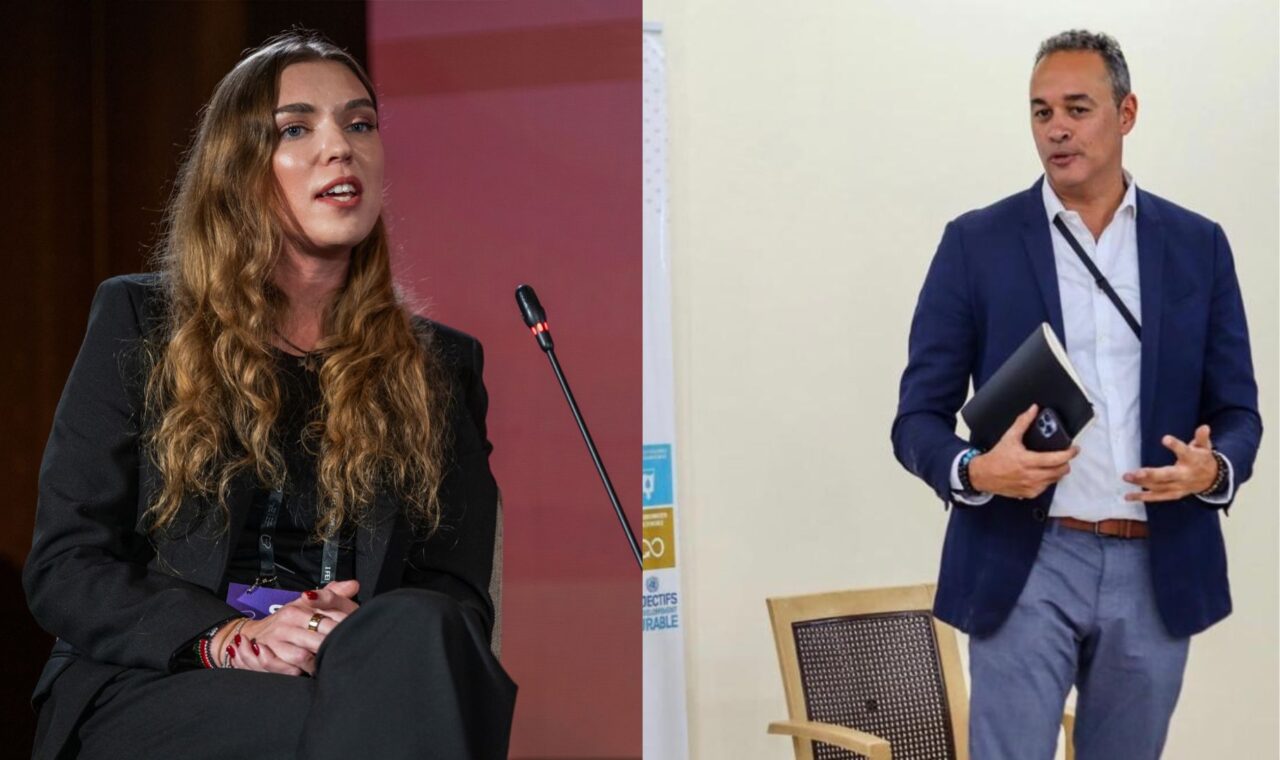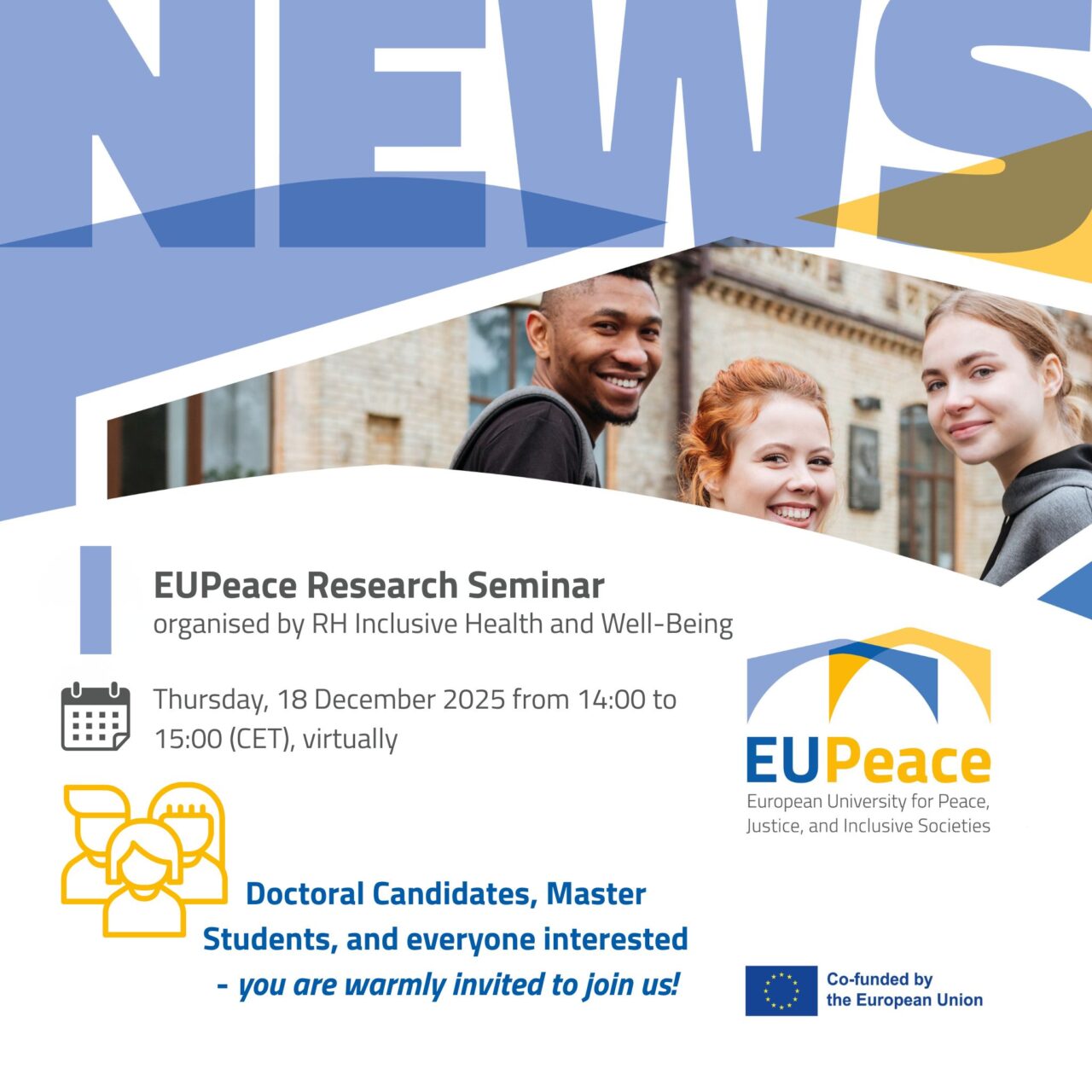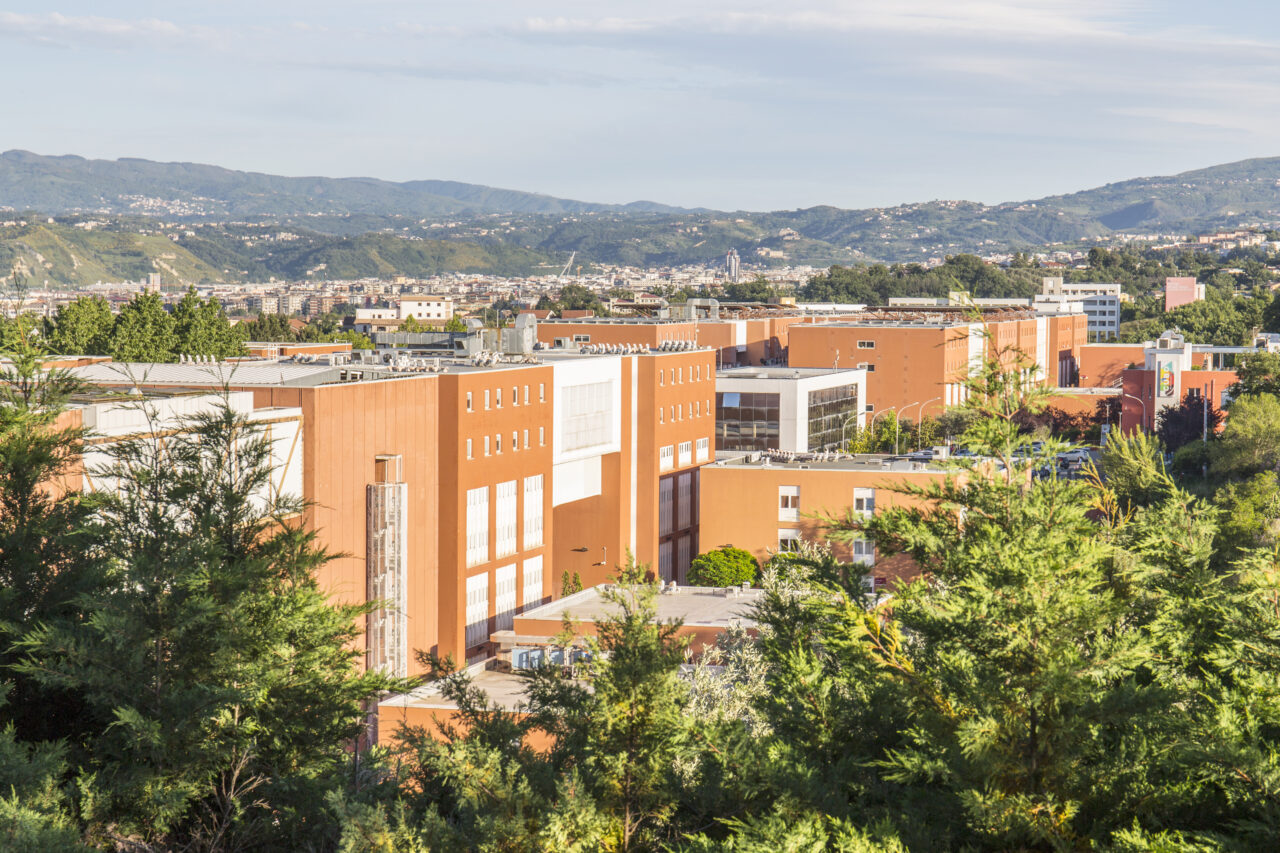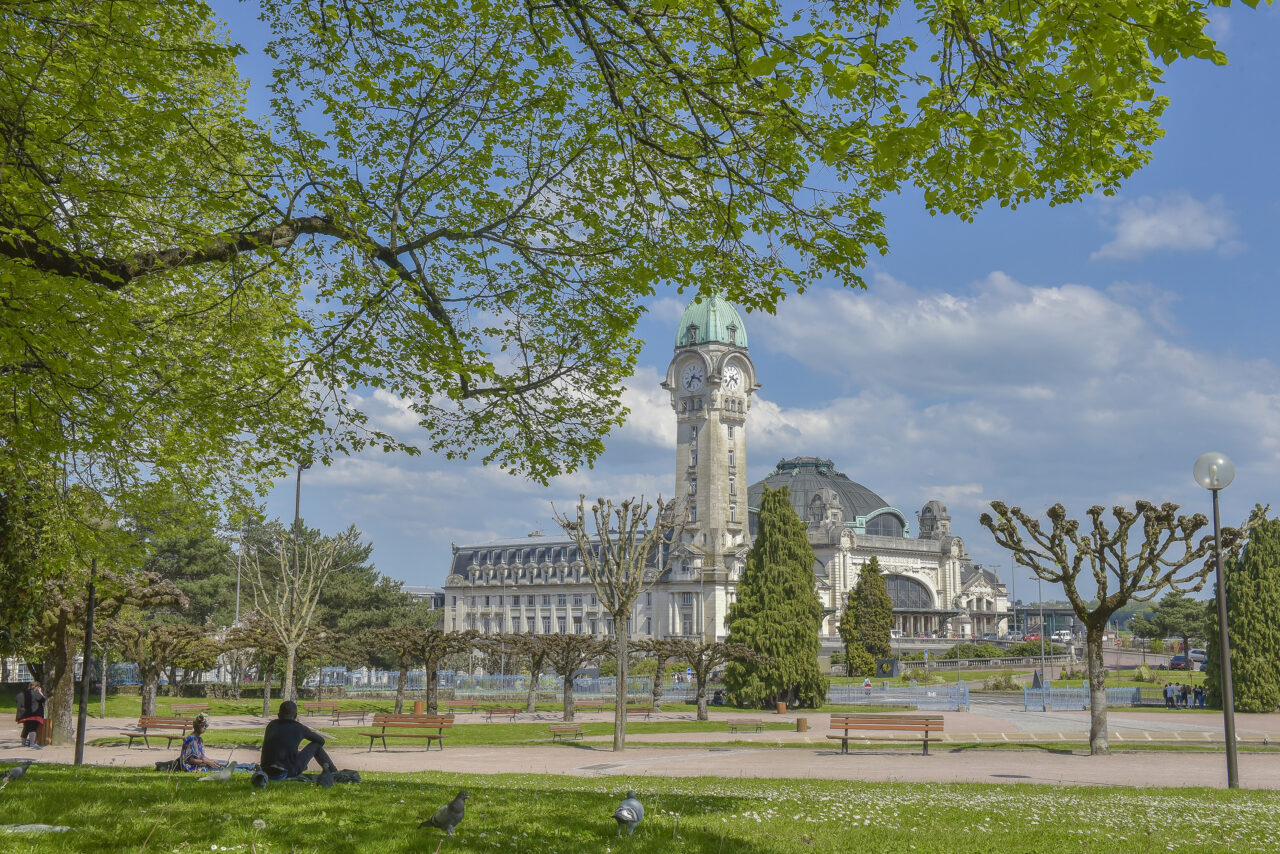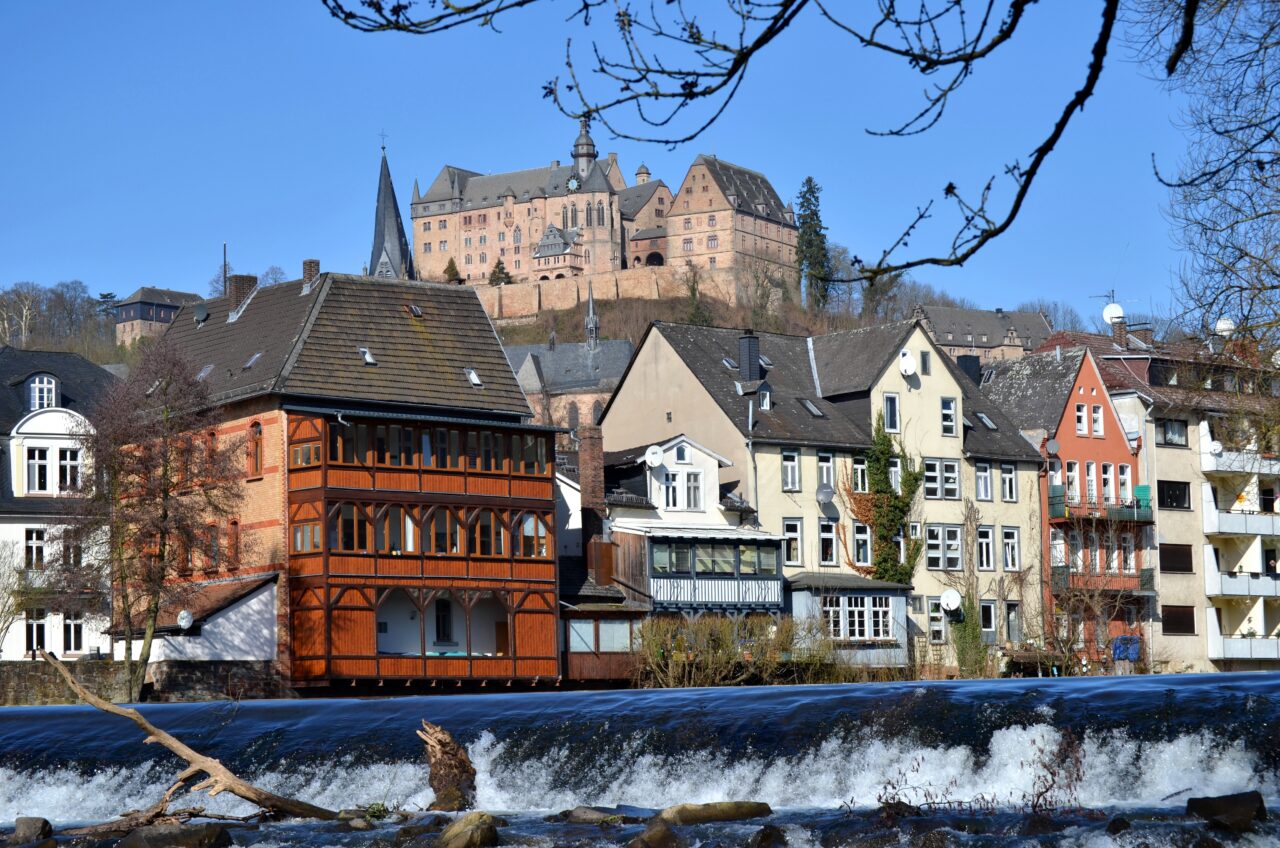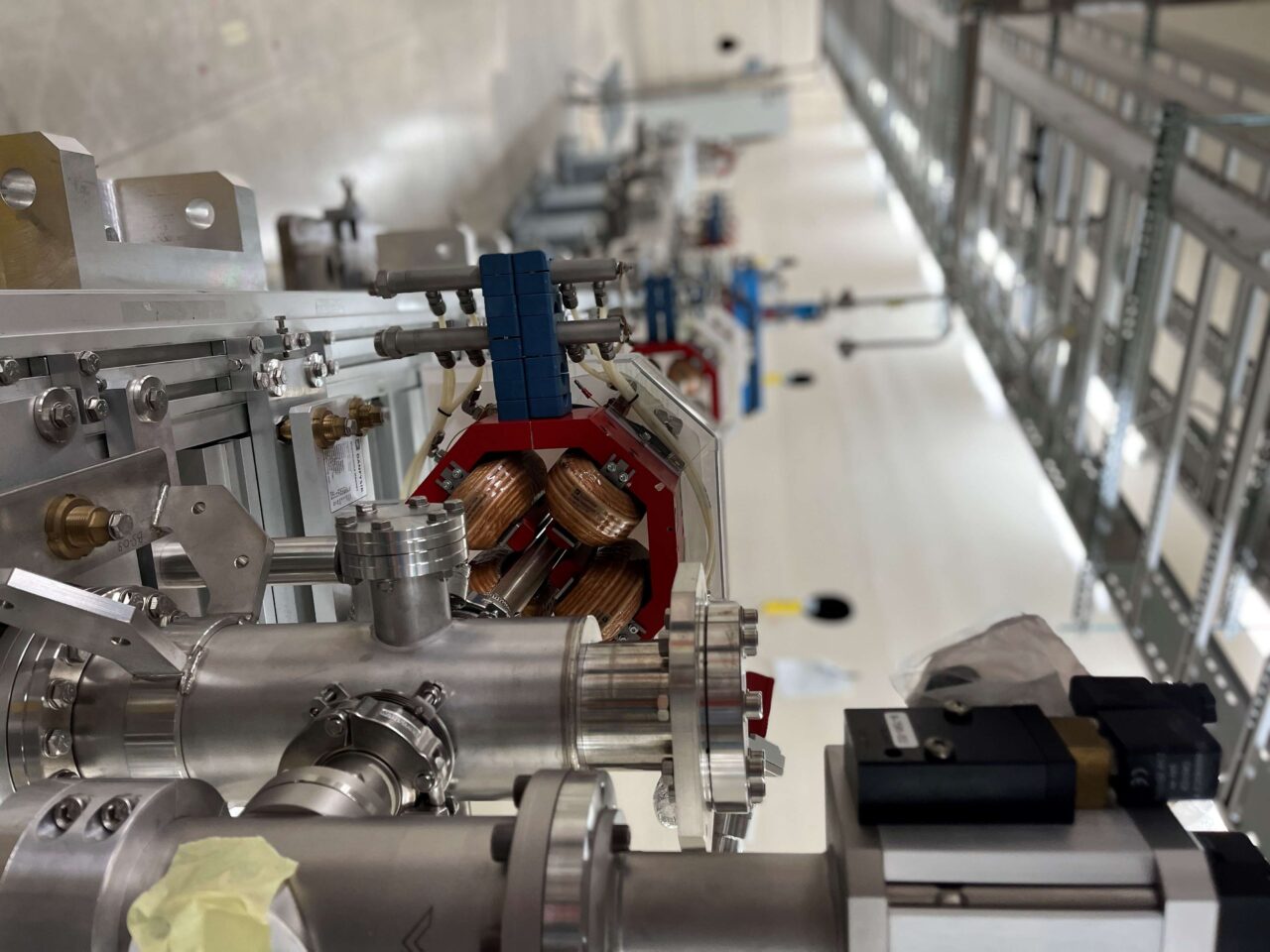Research is a cornerstone of the EUPeace Alliance, designed to co-create knowledge across disciplines and institutions on peace, justice, and inclusive societies. At its centre are Alliance-wide Research Hubs, which unite scholars from across all fields, including natural sciences and engineering, and link their work directly to teaching, graduate education, and societal outreach. The Research Hubs create synergies across the Alliance, ensuring that research informs innovative teaching while providing expertise for policy-makers, associations, and the wider public, supported by through the Living Peace Lab.
To ensure diversity and sustainability, EUPeace establishes a Doctoral Network as well as mentoring structures, enabling structured joint training, support, and professional development. Interdisciplinary seminars, annual conferences, and co-tutelle doctorates strengthen academic excellence while fostering dialogue between science and society. A Doctoral Mobility Grant programme and Creative Spaces expand opportunities for mobility, innovative thinking, and transdisciplinary exchange.
Open science initiatives, joint infrastructures, and shared research facilities reduce barriers and promote inclusion. By linking research and teaching, doctoral and Master’s students are directly involved in collaborative projects, co-reviewed theses, and shared learning formats. Collectively, these initiatives strengthen the Alliance’s research capacity, advance societal dialogue, and position EUPeace as a hub for academic innovation and transformative impact across Europe.
Contact
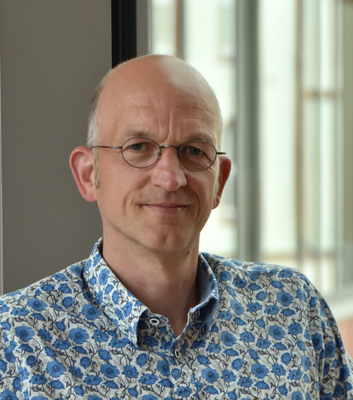 © Jannis Kohlt
© Jannis Kohlt